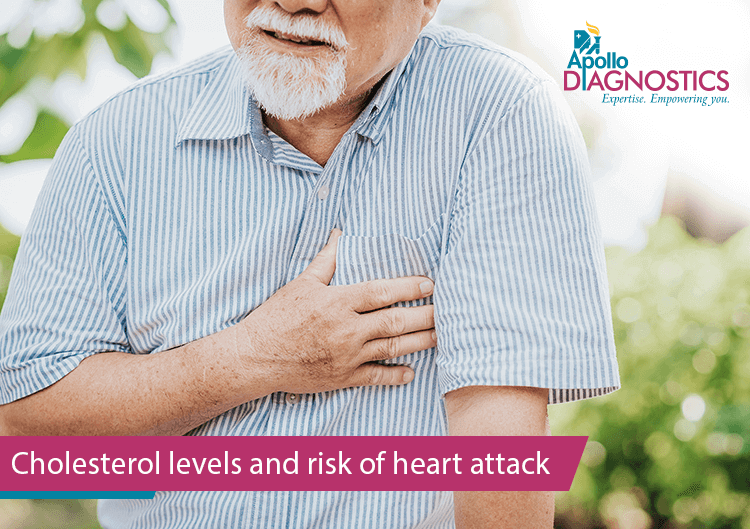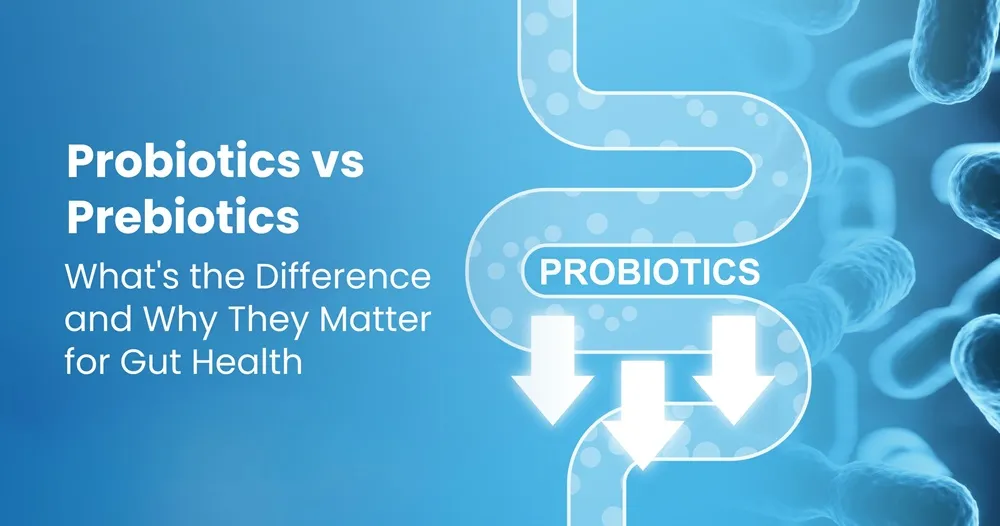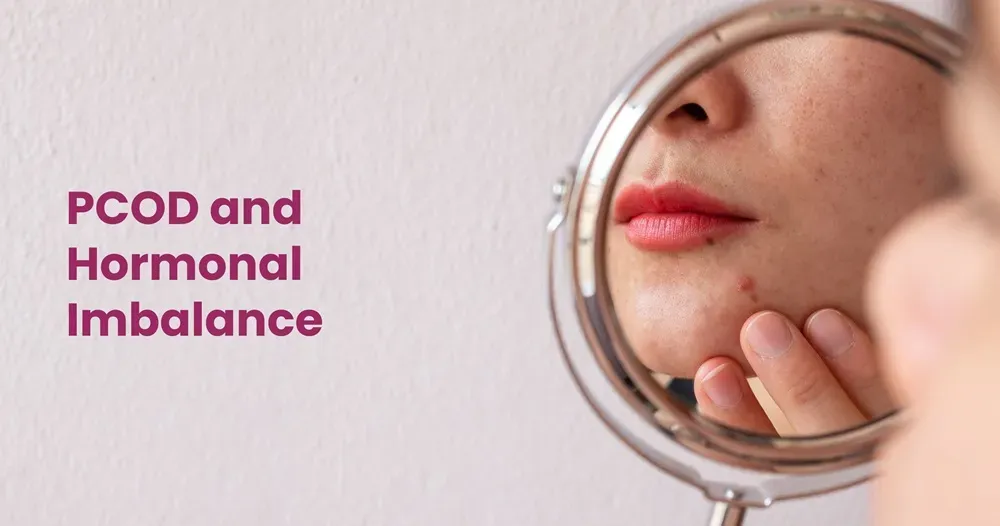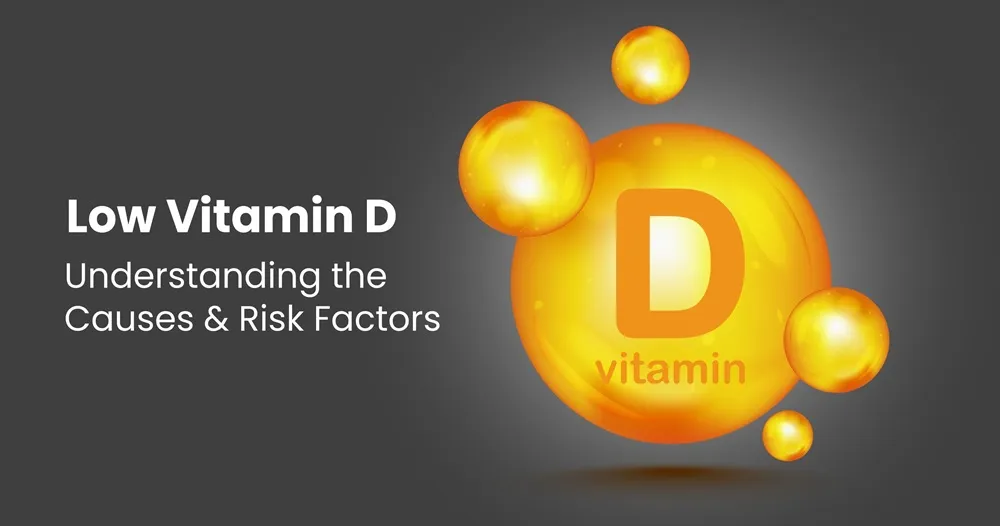Does lowering cholesterol reduce the risk of heart disease and stroke in the elderly?
Jun 04, 2020

Cholesterol is a fat-like substance that travels through blood in particles called lipoproteins. The body needs cholesterol to create the outer coating of cell membranes and to make vitamin D, hormones and bile.
Too much of unhealthy cholesterol (yes, there is a healthy, or good, kind too) can build up in the walls of arteries, causing atherosclerosis, a type of heart disease. Excessive deposition of this substance can narrow down the arteries, cutting down the blood flow to the heart, slowing it even to the extent of blocking it. If blood supply is low, it leads to chest pain. When it is completely blocked even in a portion of the heart, it results in a heart attack.
Good cholesterol – HDL or high-density lipoprotein – on the other hand, actually effectively clears the bad cholesterol (low-density lipoprotein or LDL) from the blood.|
High levels LDL is considered one of the main risk factors for heart disease. The explanation seems solid enough. However, the connection this seems to point to is not scientifically established. Studies done so far do not comprehensively show a causal connection between high levels of cholesterol and heart disease. There is evidence that shows a correlation between high LDL levels and heart disease. There have also been studies that showed that only in people under the age of 50 was there an increase in mortality due to higher cholesterol levels. Another review even suggested that people with higher LDL levels, over the age of 60, lived longer than others – which is a blatant contradiction!
scientifically established. Studies done so far do not comprehensively show a causal connection between high levels of cholesterol and heart disease. There is evidence that shows a correlation between high LDL levels and heart disease. There have also been studies that showed that only in people under the age of 50 was there an increase in mortality due to higher cholesterol levels. Another review even suggested that people with higher LDL levels, over the age of 60, lived longer than others – which is a blatant contradiction!
 scientifically established. Studies done so far do not comprehensively show a causal connection between high levels of cholesterol and heart disease. There is evidence that shows a correlation between high LDL levels and heart disease. There have also been studies that showed that only in people under the age of 50 was there an increase in mortality due to higher cholesterol levels. Another review even suggested that people with higher LDL levels, over the age of 60, lived longer than others – which is a blatant contradiction!
scientifically established. Studies done so far do not comprehensively show a causal connection between high levels of cholesterol and heart disease. There is evidence that shows a correlation between high LDL levels and heart disease. There have also been studies that showed that only in people under the age of 50 was there an increase in mortality due to higher cholesterol levels. Another review even suggested that people with higher LDL levels, over the age of 60, lived longer than others – which is a blatant contradiction!This shows that a risk factor need not always be a direct cause of a disease. Other factors also play a role – age, lifestyle, even luck. Causality cannot be established simply because there is an interplay of these factors resulting in complex mechanisms which make prediction difficult.
Thus, it cannot be said for sure whether lowering cholesterol levels reduces heart attack risk in the elderly. However, excess cholesterol has been associated with dysfunction in some parts of the brain. It is also a cause for the formation of crystals in the gallbladder. Overall, though it is still unclear whether it actually increases the chances of getting a stroke or a heart attack, it is better to steer clear of bad cholesterol. Our cells themselves produce 85% of cholesterol in our body, and it is not necessary to supplement this with more cholesterol from dietary sources. Too much cholesterol has never been considered a part of a healthy diet, so if you want to safeguard yourself from other diseases, control the amount of LDL intake.
If you still have your own questions on this topic, especially if you suspect that you’re at a risk for heart disease, consult a heart specialist immediately. For timely and accurate reports, visit Apollo Diagnostics or choose to avail the Home Collection service.
Related Blog Post
- What does Lipid Profile mean?
- Cholesterol Management
- Everything You Need To Know About Cholesterol
- The Connection Between Cholesterol Levels and Heart Health
- Know Your Numbers: Understanding Cholesterol, Blood Pressure, and Heart Health
- Exploring the Relationship Between Cholesterol and Cardiovascular Health
Blog Categories
- Child Health
- Mens Health
- Women's Health
- Mental Health
- Health Myths & Facts
- Fitness
- Nutrition/Recipes
- Remedies
- Weight Management
- Stress Management
- Health Supplements
- Addiction Management
- Disease Management
- Allergy
- Anemia
- Arthritis
- Asthma
- Autoimmune Diseases
- Blood Pressure
- Cancer
- Deficiencies
- Dengue/Malaria/Chikungunya
- Diabetes
- Eye Problems
- Heart Diseases
- Hepatitis
- HIV/AIDS/STD
- Hormonal Imbalance
- Infection/Flu/Viral
- Kidney
- Liver
- Menstrual Problems
- Pregnancy
- Skin & Hair Problems
- Stomach Ailments
- Thyroid
- Others
- Health Checkups
- Diagnostics/Pathology
- Lifestyle & Wellness
- Covid
- Medical Tests
- Cholesterol
- Health Tips
- Parent Care/Old Age
- Lungs
- Food Intolerance








